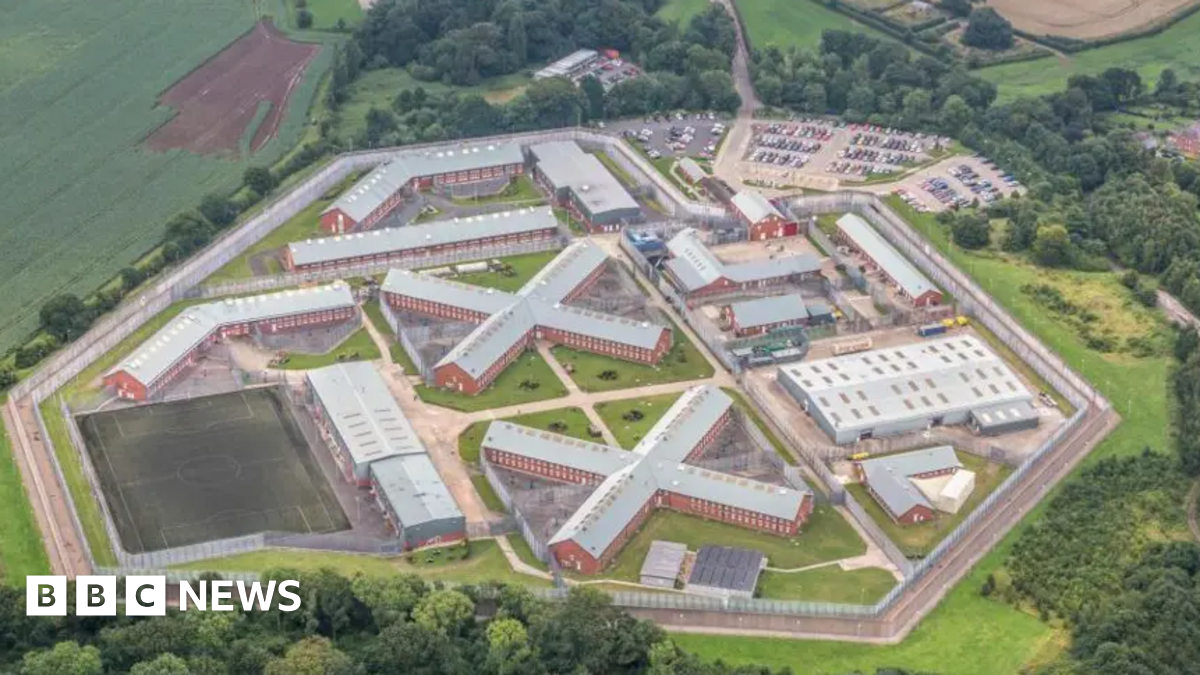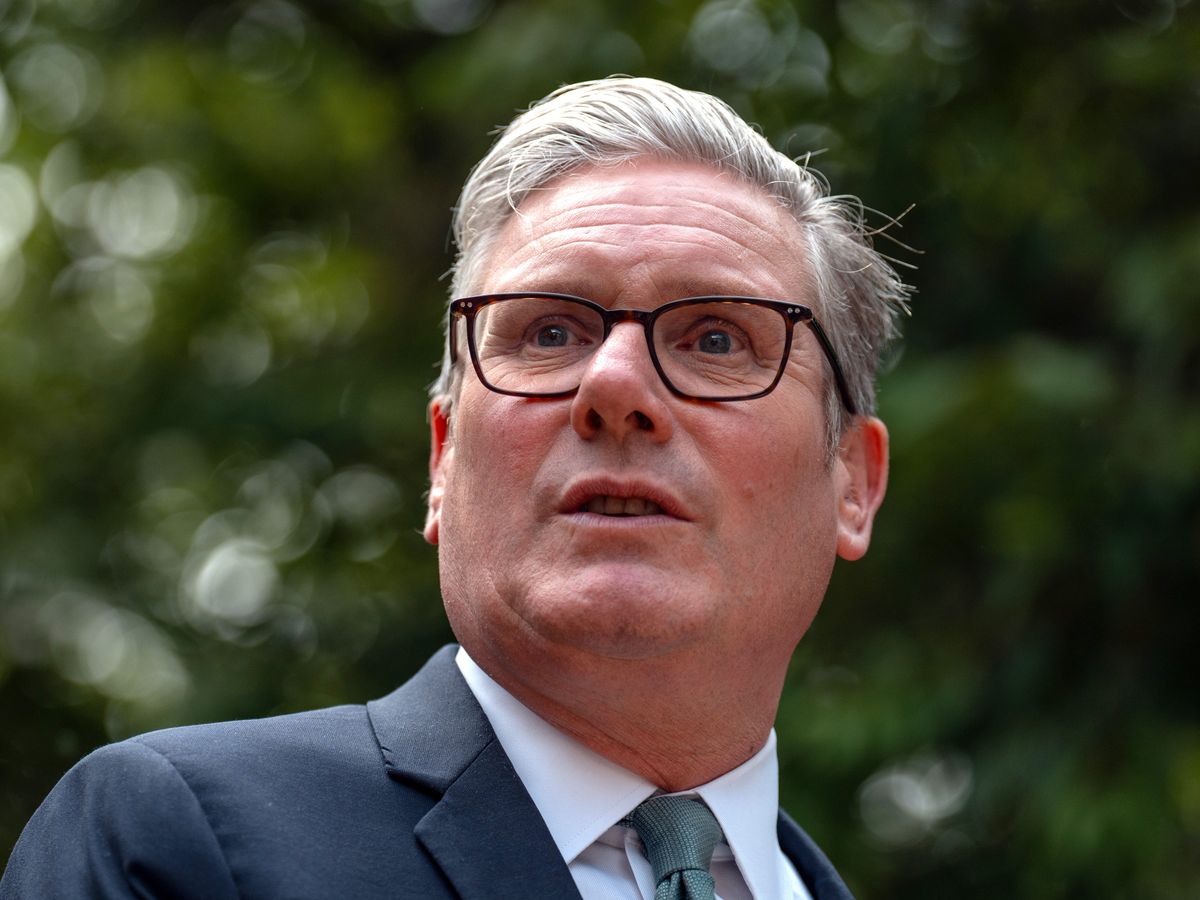RFK Jr.'s Vaccine Claims Threaten Public Health in New Zealand and Beyond

Robert F. Kennedy Jr.'s persistent questioning of vaccine safety is causing significant concern amongst public health professionals, not just in the United States, but globally – including here in New Zealand. While freedom of speech is a cornerstone of our society, the dissemination of misinformation regarding vaccines poses a serious threat to the well-being of children and communities, potentially undoing decades of progress in disease prevention.
Vaccines are arguably the most significant achievement of modern public health. They’ve eradicated diseases like smallpox and dramatically reduced the incidence of polio, measles, mumps, and rubella – diseases that once caused widespread suffering and death. The science behind vaccines is robust, rigorously tested, and constantly monitored by health authorities like Medsafe in New Zealand and the World Health Organization (WHO).
Kennedy Jr.'s claims, often based on discredited studies and conspiracy theories, suggest a link between vaccines and a range of health problems, including autism. However, these claims have been repeatedly debunked by the scientific community. Numerous large-scale studies have found no credible evidence of such a link. The original study that sparked the initial concerns about a potential link was retracted due to fraudulent data and ethical violations.
The consequences of eroding public trust in vaccines are far-reaching. Decreased vaccination rates can lead to outbreaks of preventable diseases, putting vulnerable populations – including infants too young to be vaccinated, people with weakened immune systems, and the elderly – at risk. We've already seen this happening in some regions with declining vaccination rates, leading to resurgences of measles and other preventable illnesses.
Here in New Zealand, we have a strong vaccination program, but complacency and misinformation can quickly undermine its effectiveness. It's crucial that we rely on credible sources of information, such as Medsafe, the Ministry of Health, and your GP, when making decisions about our health and the health of our children.
The spread of vaccine misinformation isn't just a health issue; it’s a societal one. It fuels distrust in science and institutions, making it harder to address other critical public health challenges. We need to be critical consumers of information, especially when it comes to topics as important as public health. Educating ourselves and our communities about the science of vaccines is the best defense against the harmful effects of misinformation.
Ultimately, protecting public health requires a collective effort. Let's support evidence-based policies and promote accurate information about vaccines, ensuring a healthier future for all New Zealanders and contributing to global efforts to combat preventable diseases. Talk to your doctor, consult reliable sources, and don't let fear and misinformation dictate your choices.






